
International clinical TMS certification course – Amsterdam
MagVenture is proud to support the International Clinical TMS Certification Course in Amsterdam from June 5th to 7th.

























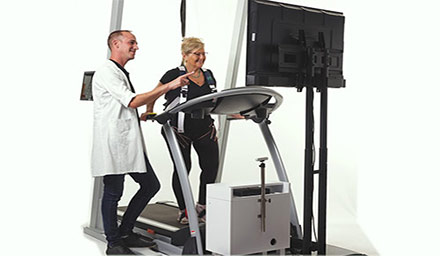
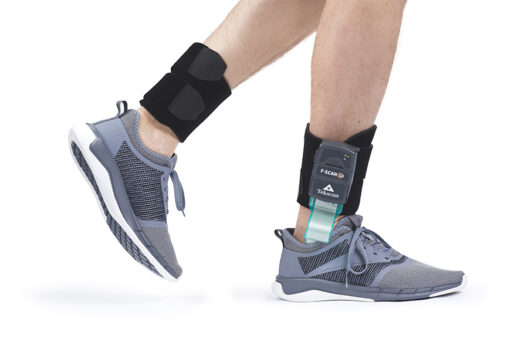
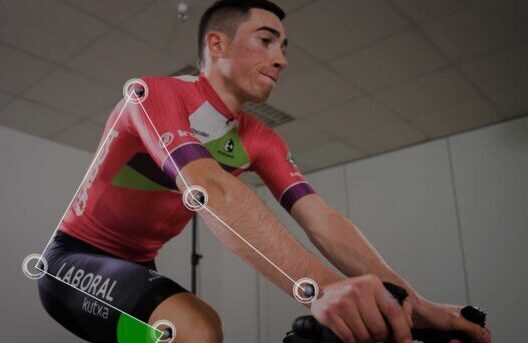
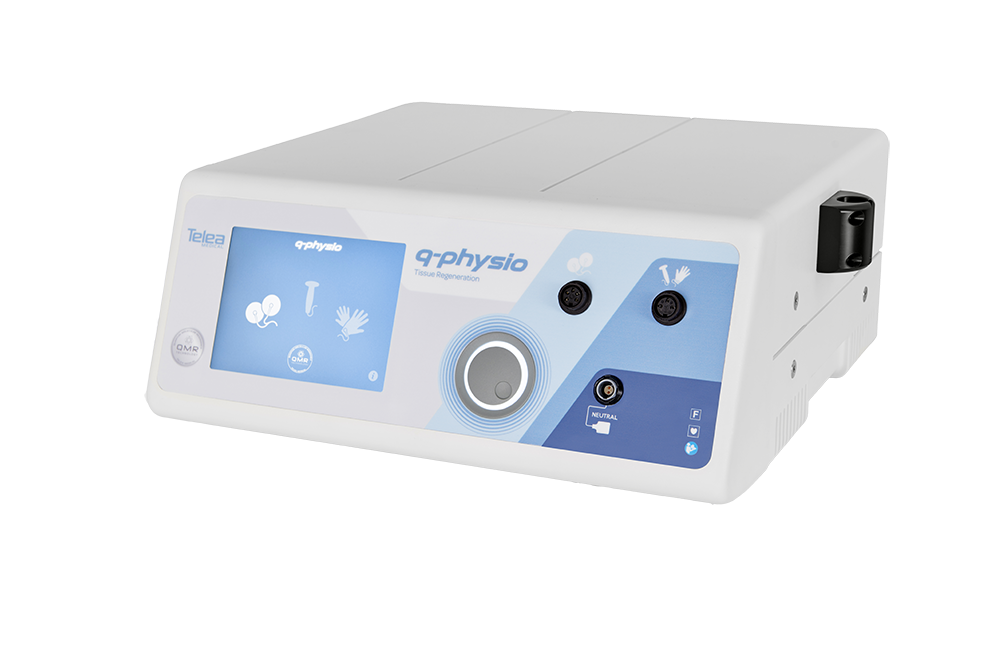





MagVenture is proud to support the International Clinical TMS Certification Course in Amsterdam from June 5th to 7th.
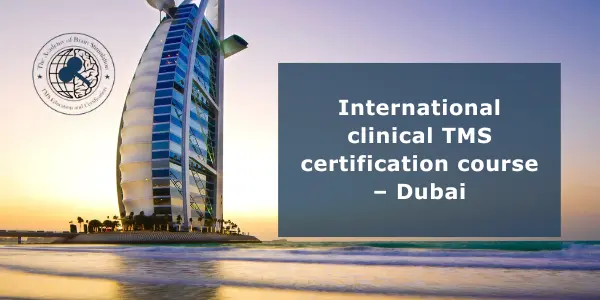
MagVenture, in collaboration with NeuroIntelligence, is delighted to extend its support to the International Clinical TMS Certification Course, scheduled to take place in Dubai from

Next 21-23 May, 2024, MagVenture will support the TMS Masterclass & TMS Certification Course organized by Brainclinics Foundation.

Join us in New York City to celebrate the American Psychiatric Association annual meeting in May, 4-8, 2024. This year, the main theme is addiction,
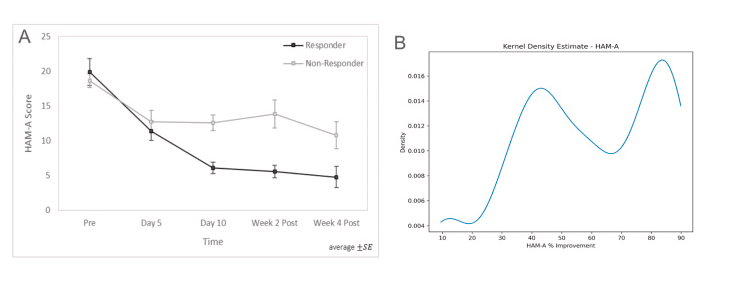
Generalized anxiety disorder (GAD) is one of the most common conditions affecting adolescents and young adults, with prevalence increasing markedly over the past decade
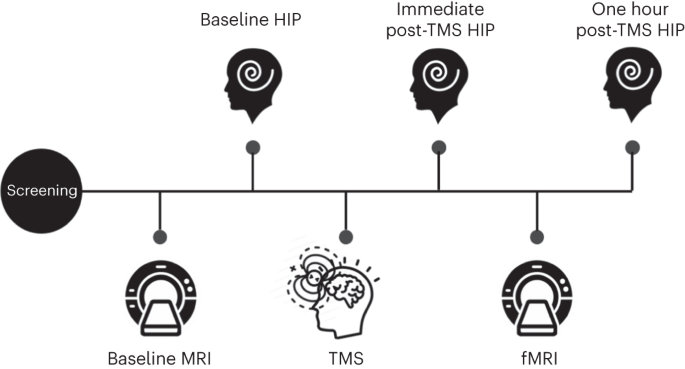
Hypnotizability, one’s ability to experience cognitive, emotional, behavioral and physical changes in response to suggestions in the context of hypnosis, is a stable neurobehavioral trait
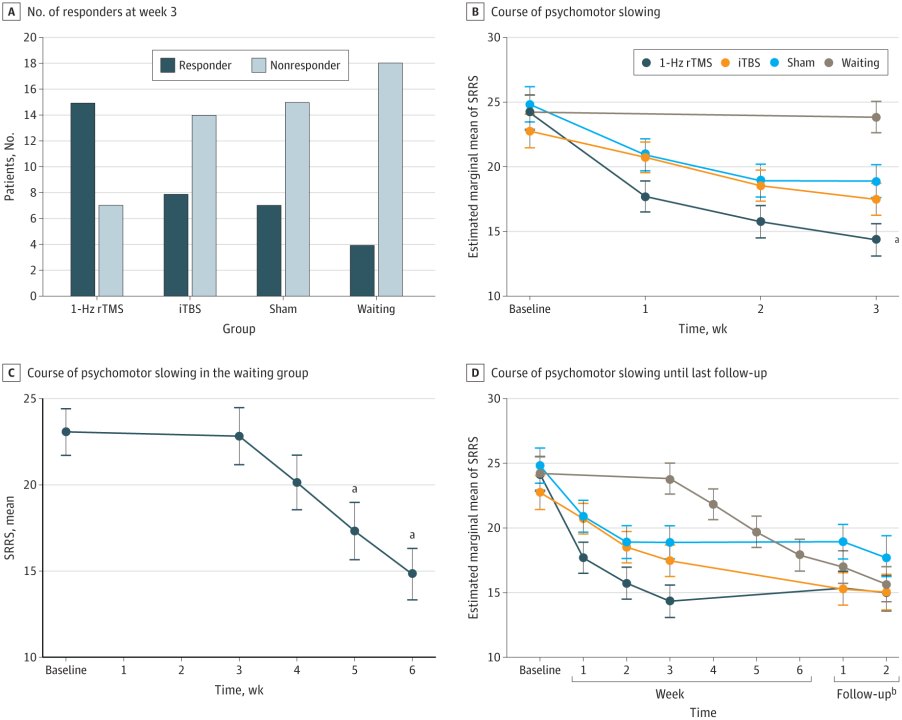
Psychomotor slowing is a frequent symptom of psychosis, impairing gross and fine motor behavior. It is associated with poor outcomes and functioning, and no treatment
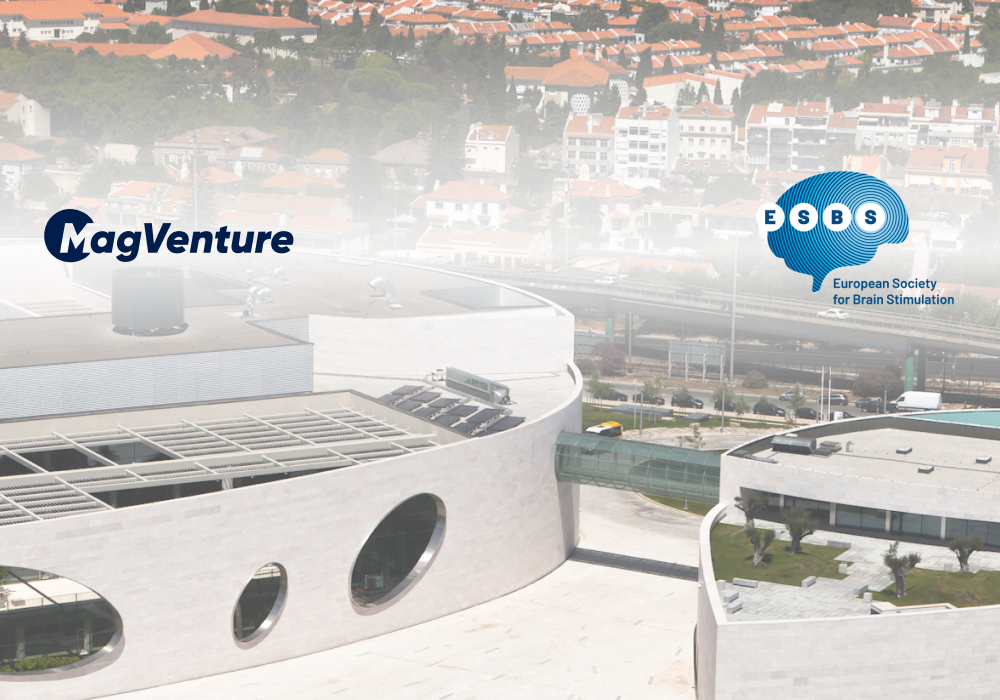
The European Society for Brain Stimulation is celebrating the ECBS24 from April 11th to April 12th in Lisbon, Portugal. MagVenture will attend and we hope to see you at booth number 3.

MagVenture will attend EPA in Budapest from April 6th to the 9th. The motto of the congress is “Mental Health: Open and Inclusive!”, and therefore, the focus is put on core aspects of modern psychiatry.

Samuel Jacobs and Dr. Claus Mathiesen will explore the past, present and future of Transcranial Magnetic Stimulation. Don’t miss this insightful session!
We provide solutions for healthcare and research. We distribute medical equipment, provide scientific expertise and support.
© 2023 Aerobe. All Rights Reserved Terms & Conditions | Privacy Policy